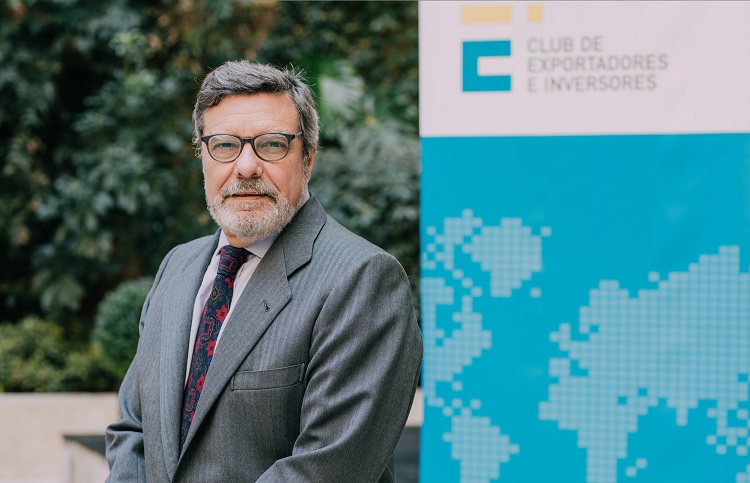The Diplomat
The Spanish Exporters and Investors Club has called for a change of mentality in Spanish institutions and official bodies to correct the scarce presence of private companies in development cooperation projects undertaken with official funding.
In a new technical note from the Reflection Committee on Internationalization, the Exporters’ Club reminded this past Wednesday that the UN Agenda 2030 considers companies as essential actors to achieve the goals set for economic and social development, and “Spain must bet on this idea” through “a new inclusive concept in which both companies and NGOs can work hand in hand and complement each other”.
In the opinion of the Exporters’ Club, this new vision would make Spanish cooperation “more efficient, effective, relevant and sustainable”, and would contribute to “improving Spain’s image in the countries receiving aid” and to facilitating the presence of Spanish companies in those countries.
The technical note of the Reflection Committee, in which experts from the business world, academia and former senior officials of the Administration participate, warns that the modernization of the Spanish system of official development aid “requires profound changes to make it more comparable to the mechanisms of the main countries around us, which are also our competitors”.
In Spain, Official Development Assistance (ODA) is largely channeled through contributions to supranational institutions, which are then responsible for implementing programs and projects. In this way, “we lose our capacity to influence and decide on aid and, in addition, the perception that it is our country that has contributed to the implementation of development plans is substantially diluted,” stated the authors of the technical note, Antonio Bonet and Rafael Ruiz-Villar, president and coordinator of the Exporters’ Club’s Committee for Reflection on Internationalization, respectively.
In 2018, 64% of Spanish official development assistance went to multilateral institutions, and only 27% went directly to bilateral programs with countries. These are, the authors assert, quite different proportions from those in OECD countries, where, on average, 49% of their development cooperation funds go to bilateral programs.
The document also states -based on the conclusions of a recent survey carried out by the Exporters and Investors Club among partner companies involved in the supply of goods, services and works in international cooperation projects- that the Spanish Agency for International Development Cooperation (AECID) “maintains a clear focus on NGOs, to the detriment of companies, in the programs it finances”, unlike other countries in our environment, in which “official development aid programs are largely executed by private companies”.
In the opinion of the experts, development cooperation policy should fulfill four objectives simultaneously: contribute to achieving the SDGs, facilitate the implementation of international state policies, enhance Spain’s image in the countries that receive Spanish aid, and favor the penetration of Spanish companies and technology in the countries that receive Spanish ODA. Likewise, they consider it a priority to increase bilateral programs in line with what other countries are doing, even though this may imply a decrease in contributions to multilateral institutions.






